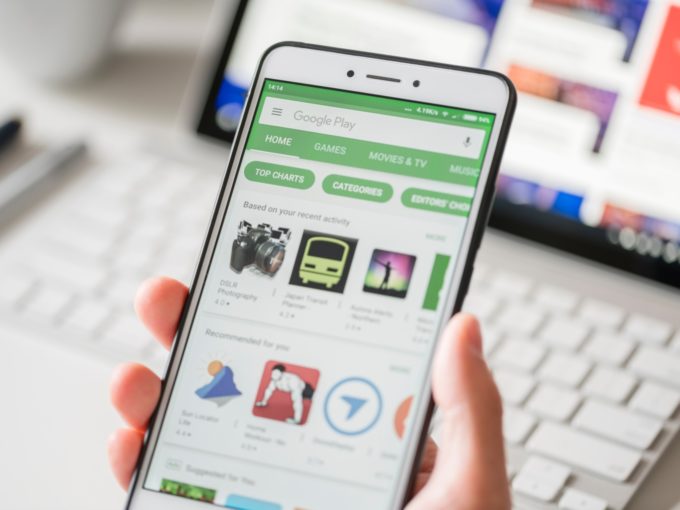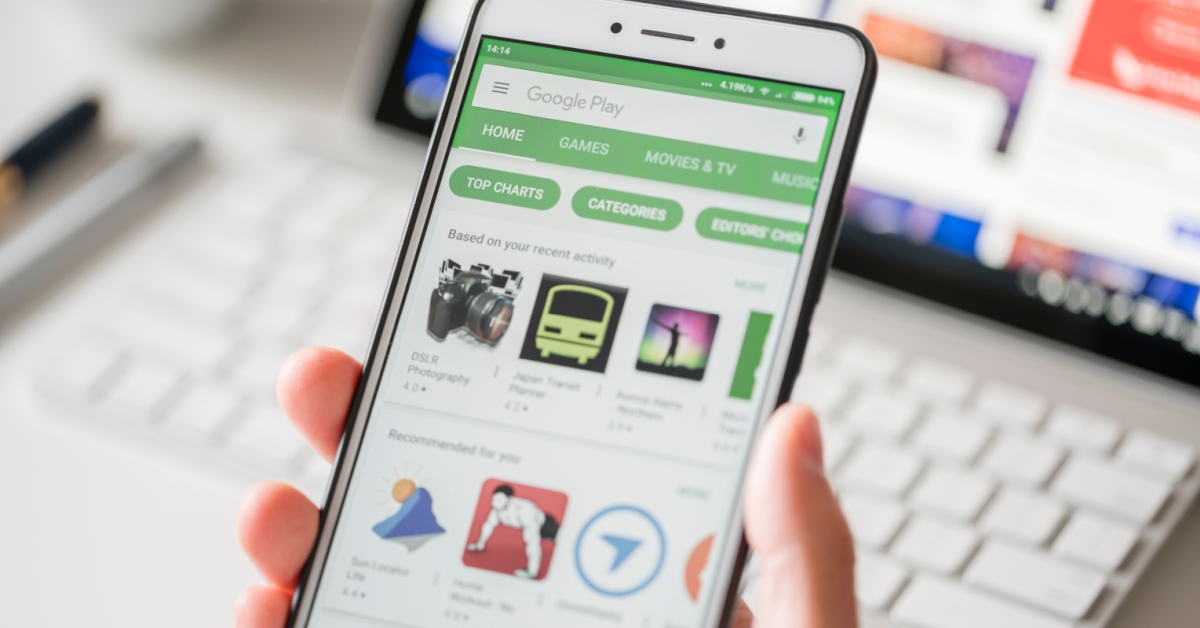While Google has reduced the service fee for developers, mandatory Google Play Store billing will remain in place
The 15% service fee is only applicable to the first $1 Mn a developer makes per year through Google Play
Last year, the Indian government was said to be developing an Indian app store to challenge the Google-Apple duopoly

In what is being seen as a reaction to Apple’s move last year to reduce developer fees, Google has halved the service fee charged by the company for apps, games and other content sold through the Google Play Store. It must be noted that while Google has cut the commission from 30% to 15%, this only applies to the first $1 Mn a developer makes per year. The rest of the revenue will see a 30% service fee.
According to Google, the drop in service fee will positively impact 99% of developers globally. The company claimed the money saved can help developers scale up at a critical phase of their growth through hiring or marketing.
“While these investments are most critical when developers are in the earlier stages of growth, scaling an app doesn’t stop once a partner has reached $1 M in revenue — we’ve heard from our partners making $2 Mn, $5 Mn and even $10 Mn a year that their services are still on a path to self-sustaining orbit. This is why we are making this reduced fee on the first $1 Mn of total revenue earned each year available to every Play developer that uses the Play billing system, regardless of size,” the company claimed.
The drop in service fee follows Apple’s step last November to cut revenue sharing fee to 15% for developers making under $1 Mn in annual revenue. Unlike Apple, which increases the service fee rate to 30% if the annual revenue ever surpasses $1 Mn in a year, Play Store will only charge 30% for the revenue that is over $1 Mn.
While Google has been bullish about the potential of India’s digital economy, even launching a $10 Bn Google For India Digitization Fund last year, its Play Store’s policies have rankled some Indian startups. The latest move might ease some of the burden on smaller developers around the world, the central issue of developers and companies being forced to use Google Play Store billing for in-app payments or app purchases is still unaddressed.

Google Play Store Billing Issue Still Lingers
The announcement last year of Google’s plans to charge a 30% levy on in-app purchases on Play-distributed apps saw Indian startup founders form an informal coalition on Twitter, where they talked about the possibility of an Indian App Store. Meanwhile, it was reported that the Indian government is developing an Indian app store to challenge the Google-Apple duopoly.
In September last year, Google said that it plans to enforce policies that will require app developers selling digital goods on the Google Play Store to use its in-app payment system, which takes an industry-standard 30% cut of transactions. But this not go down well with Indian tech founders and companies, especially given that India is a market where Android has over 90% market share.
In a statement, industry body IAMAI said the Indian founders’ community is concerned after the announcement last year. “The primary likely reason is the perceived dominance of Google Billing System. As a payment aggregator, currently unlicensed but soon to be licensed in India, Google Billing System can choose which payment instruments it would work with and which ones it would not. The new draft RBI guidelines on payment aggregators, too, allows for that freedom,” it said.
Besides industry bodies, startup founders were also vocally against the policy. Razorpay CEO and cofounder Harshil Mathur tweeted that India needs a local app store. “India needs a local app store long term else 30% tax will eat up most businesses, is anyone trying to build one?” he said.
Similarly, CRED founder Kunal Shah tweeted, “Like gaming maybe dating and education apps may soon get off app stores and get users to ‘side load’ in hopes to save costs.”










